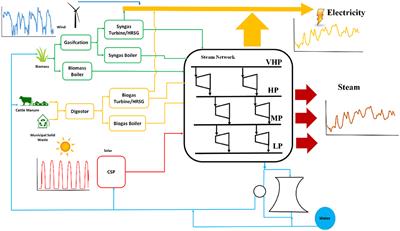EDITORIAL
Published on 04 Nov 2022
Editorial: Integrated resource network optimization for sustainable development
doi 10.3389/frsus.2022.1074256
- 421 views
5,678
Total downloads
64k
Total views and downloads
You will be redirected to our submission process.
EDITORIAL
Published on 04 Nov 2022
ORIGINAL RESEARCH
Published on 12 Sep 2022
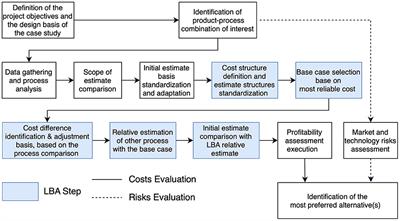
ORIGINAL RESEARCH
Published on 30 Jun 2022
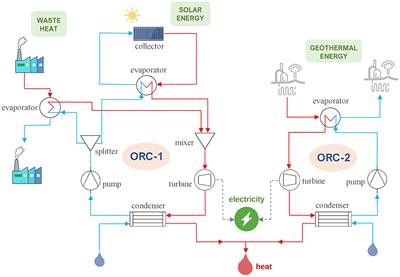
ORIGINAL RESEARCH
Published on 23 May 2022
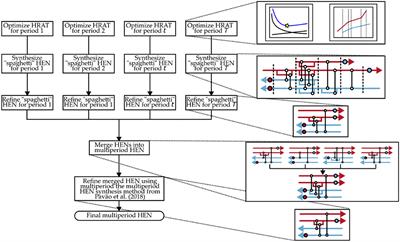
REVIEW
Published on 20 May 2022
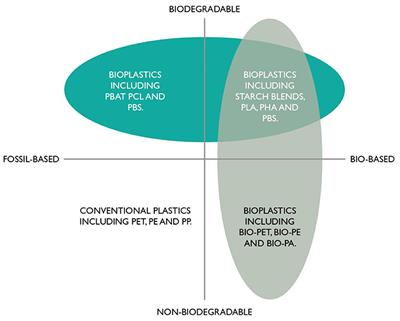
PERSPECTIVE
Published on 15 Mar 2022
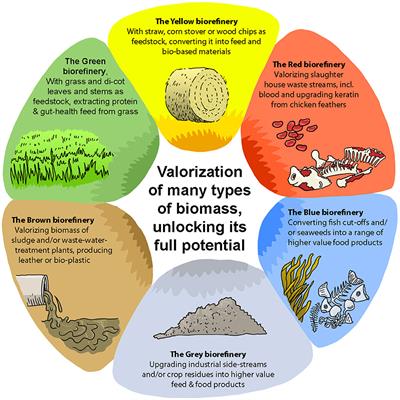
ORIGINAL RESEARCH
Published on 23 Nov 2021
